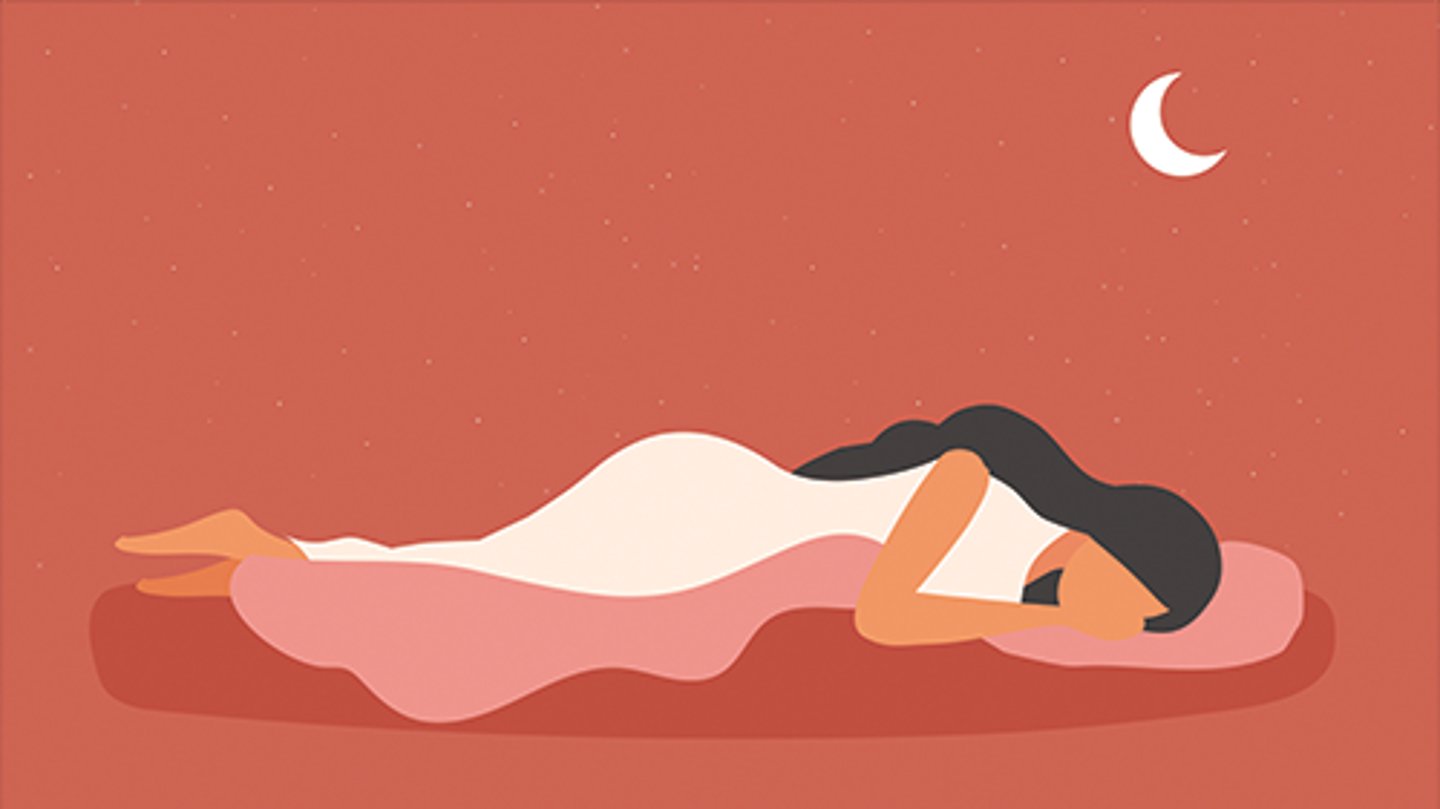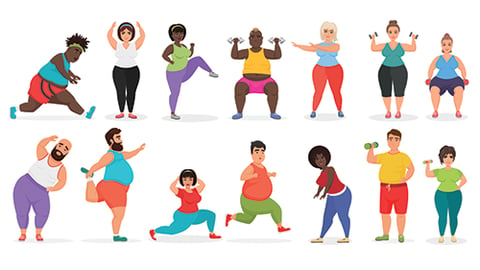Natrol investigates root of sleep challenges in women
Natrol is looking into why women between the ages of 40 and 60 years old are losing more than two hours of sleep a night.
In its new Sleep Spiral Survey, 45% of those who participated admitted to having their sleep disrupted by spiraling thoughts while 10% shared that they are losing four or more hours of sleep every night.
"Women are juggling more than ever—caring for their children, supporting their significant other, looking after aging parents, managing their career, balancing friendships and finances – all while trying to prioritize their own health," said Rebekah Lyle, chief marketing officer at Natrol. "Getting restorative sleep can be difficult, often leading to overthinking at night and entering a sleep spiral that's hard to escape, leaving them feeling drained the next day. As sleep experts, we wanted to better understand how often this happens, for how long, and the most common stressors that cause women to have spiraling thoughts that result in hours of lost sleep."
In addition, about 72% reported having trouble falling asleep at night, 87% have trouble staying asleep during the night and 59% face challenges in falling and staying asleep.
[Related: Trending Health Stories]
Thoughts that kept participants awake at night included personal finance and anxiety about the future, which also were found to be disruptors of sleep and keep women awake every night, the company noted.
Thirty-one percent of women say that their difficulty sleeping is worse now than one year ago and 56% believe their sleep quality is the same as the prior year. Only 13% believe the quality of their sleep has improved.
"We uncovered that one in four women are very often simply giving up trying to fall asleep at night because of spiraling thoughts, so it's apparent that many are struggling with significant sleep challenges that can impact their next day and the days ahead," Lyle said. "The findings from the Sleep Spiral Survey highlight that women need effective strategies and solutions that can help them regain control of their sleep and overall well-being."
Compared to other times during the year, spiraling thoughts that disrupt sleep most often occur during the holidays (51%). Beyond holidays, the times before a trip (34%) or during winter when days are shorter (33%) are also problematic to sleep quality, Natrol shared.
One in four (27%) every night or very often simply give up trying to fall asleep when experiencing spiraling thoughts and just get out of bed. Nearly all (89%) at least occasionally give up trying to sleep.
Lastly, Natrol found that more than half (53%) of females consider sleeping extremely or very difficult when symptoms of perimenopause or menopause are occurring.




